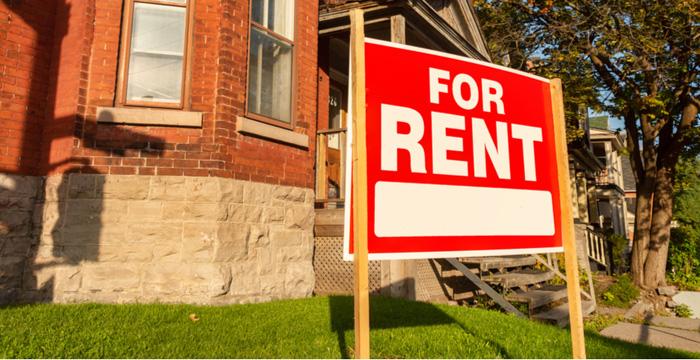In a world where the cost of living seems to continuously rise, many renters find themselves struggling to keep up with rent payments and maintain a roof over their heads. As governments implement laws to protect renters, the question arises – why do these laws only seem to benefit half of the renting population? Join us as we delve into the complexities of rental protection laws and explore why they may not be as effective as we hope.
The Impact of Rental Protection Laws on Tenants
It seems like a no-brainer that rental protection laws should benefit all tenants equally, right? However, the reality is often quite different. While these laws aim to provide security and stability for renters, they sometimes fall short of truly safeguarding everyone. One common issue is the lack of enforcement or loopholes that leave some tenants vulnerable to exploitation.
On the flip side, many tenants do benefit from rental protection laws. For these individuals, having legal protections in place can mean the difference between staying in their homes or facing unjust eviction. These laws can also help to regulate rental prices, ensuring that tenants aren’t subjected to excessive rent hikes. However, the question remains: why do these laws only seem to work for some tenants and not others?

Addressing Disparities in Renters’ Rights
Renter’s rights are a critical issue that affects millions of individuals and families across the country. However, there are often disparities in the way these rights are enforced, leaving many renters vulnerable to exploitation and unsafe living conditions. One common question that arises is, “Why does a law to protect renters only help half of us?”
One of the main reasons for this disparity is the lack of adequate resources and education available to renters. Many individuals may not be aware of their rights or how to advocate for themselves when faced with unfair treatment by landlords or property owners. Additionally, there may be systemic barriers that prevent certain groups, such as low-income individuals or non-English speakers, from accessing the legal support they need to address housing issues. It is crucial that efforts are made to address these disparities and ensure that all renters have equal access to the protections they are entitled to under the law.

Recommendations for Ensuring Equal Benefits for All Renters
One way to ensure equal benefits for all renters is to implement a system of rent control that applies to all rental properties, regardless of their location or size. This would help prevent landlords from taking advantage of the lack of regulations in certain areas, leading to exorbitant rent prices that disproportionately affect lower-income individuals. By establishing a universal rent control policy, all renters would have access to affordable housing options, creating a more equitable rental market.
Another recommendation is to mandate that all rental properties meet specific quality standards to ensure that all renters have safe and habitable living conditions. This could include requirements for regular maintenance and repairs, as well as inspections to address any health or safety hazards. By holding landlords accountable for maintaining their properties to a certain standard, all renters would be protected from substandard living conditions, regardless of their income level. These measures would help level the playing field and ensure that all renters receive equal benefits and protections under the law.
The Conclusion
In conclusion, the debate over laws to protect renters is complex and multifaceted. While some may argue that current legislation only benefits half of the population, it is crucial to continue exploring ways to create a fair and balanced system that works for all. By listening to the diverse perspectives and experiences of renters, landlords, and policymakers, we can strive towards a more just and equitable solution for everyone involved. Let us continue to engage in thoughtful dialogue and collaboration to shape a brighter future for renters everywhere.



